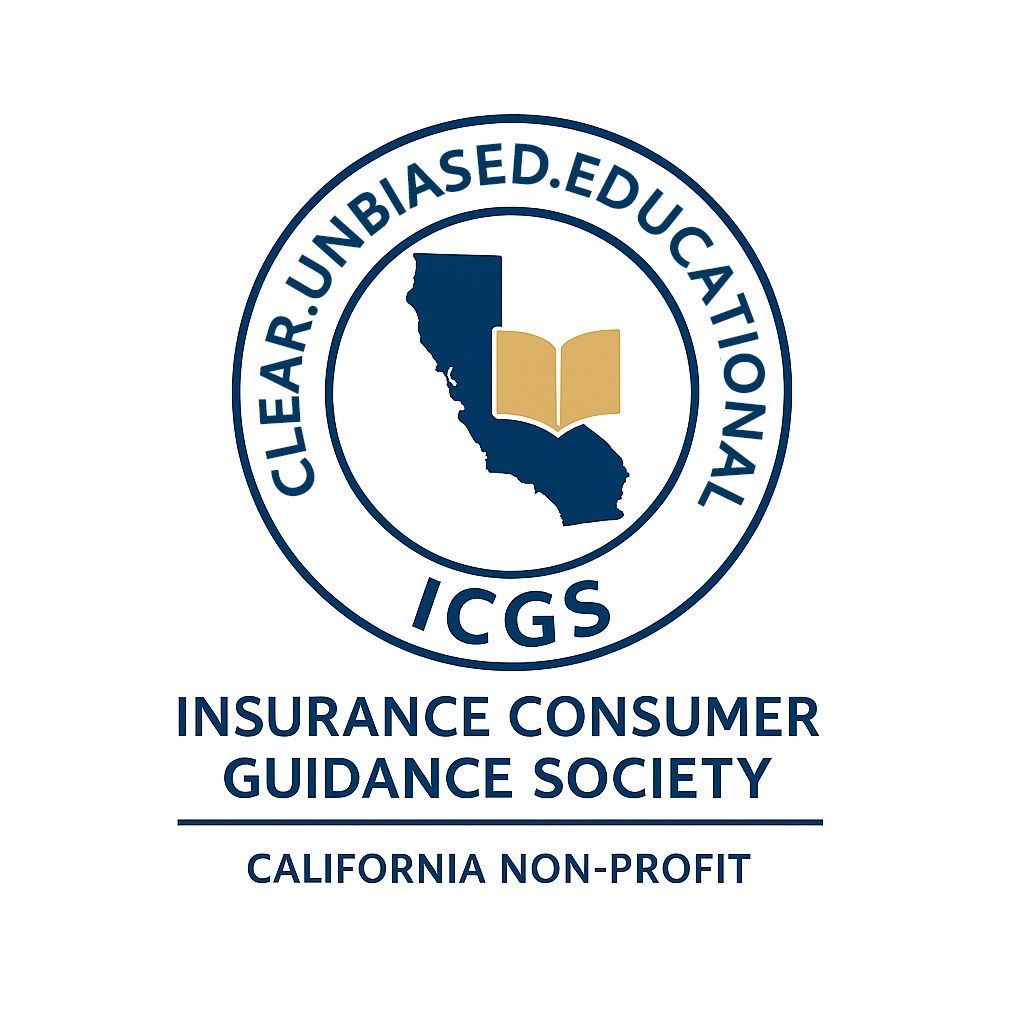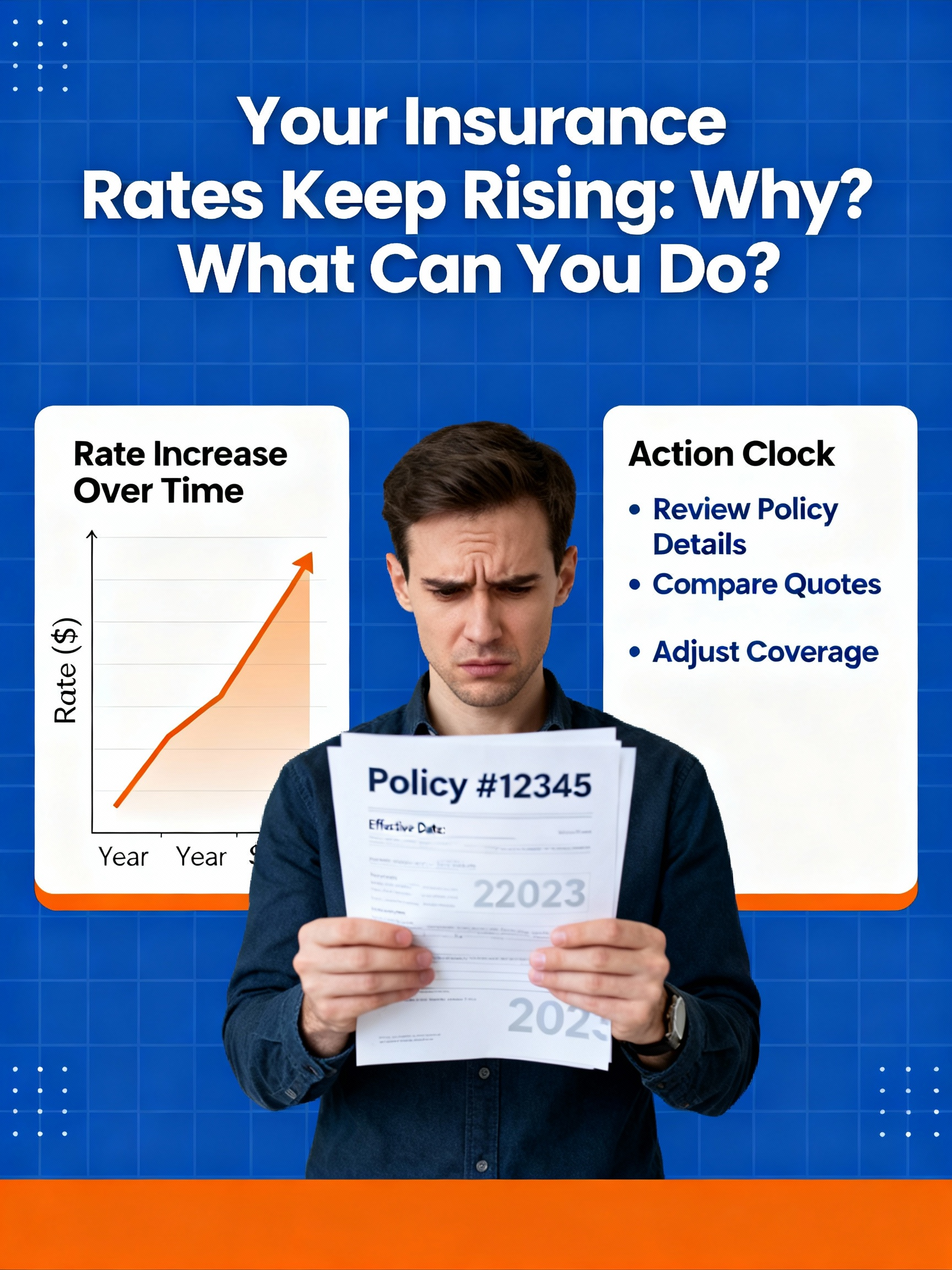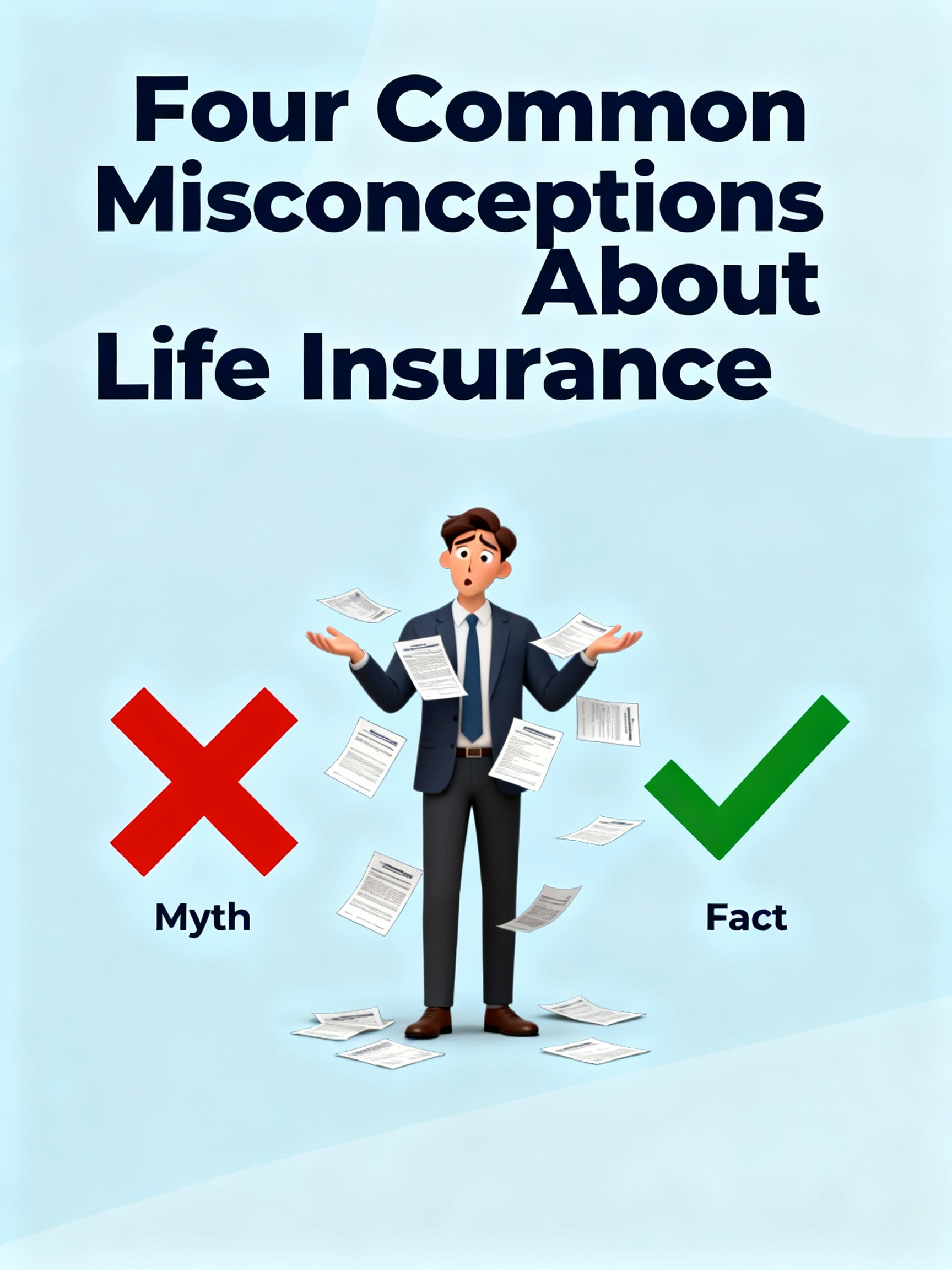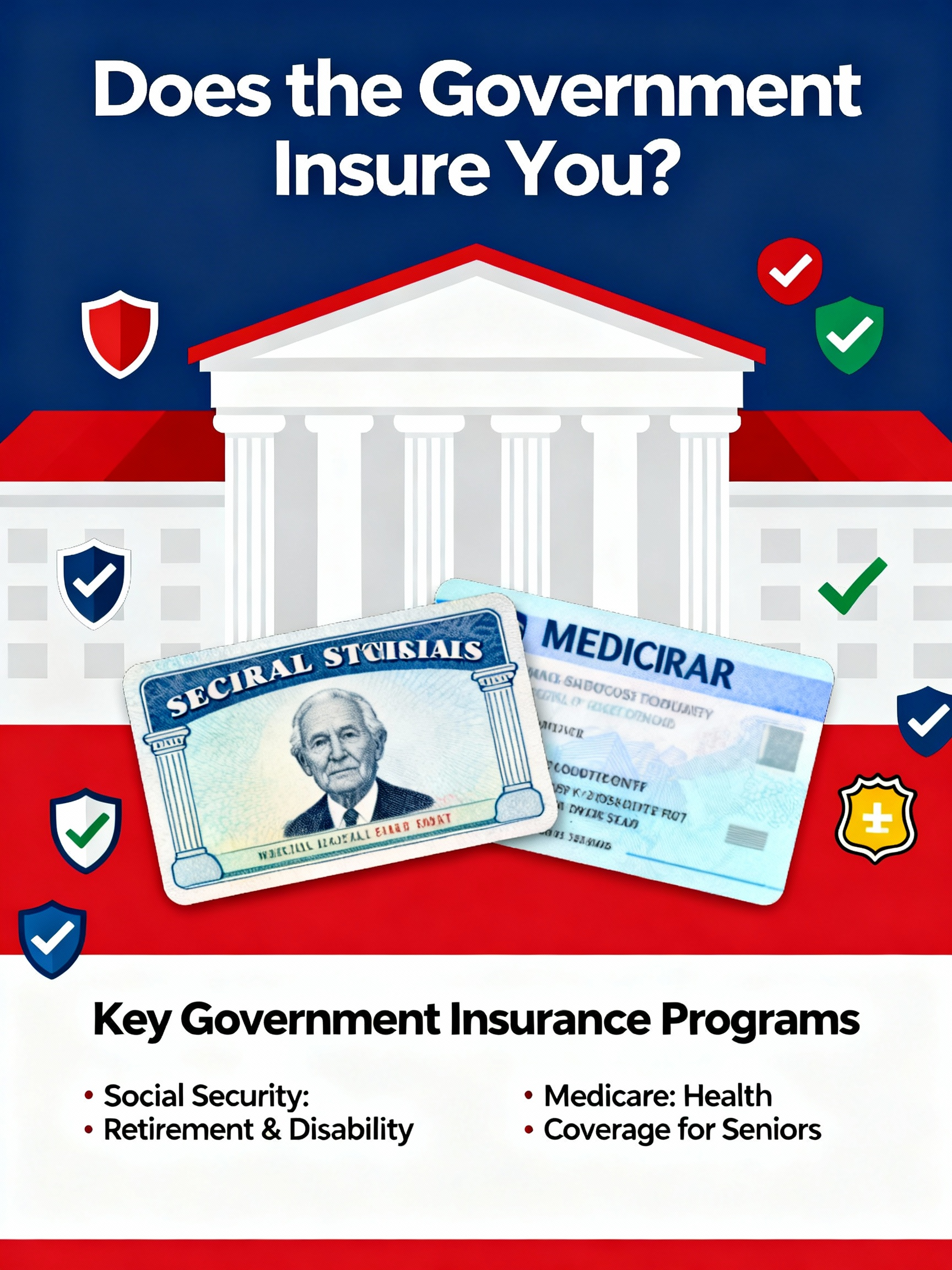Understanding Insurance Resentment and Your Role in Risk Protection
Published Date: 11/14/2025
Insurance rarely sparks excitement. For many people, it feels like another bill — mandatory, confusing, and often frustrating. But as Karl Susman explains on Insurance Hour, this resentment usually stems from misunderstanding what insurance is, why it’s required, and how much control policyholders actually have over outcomes.
This article breaks down the key reasons consumers feel “forced” into insurance, how premiums really work, why reading your policy matters, and how your own habits — from home maintenance to driving behavior — directly shape both costs and claims.
Why Insurance Feels Mandatory
Most people encounter insurance first as a requirement rather than a choice. Mortgage lenders mandate homeowners insurance, and banks financing your car insist on auto coverage. While this often feels unfair, the purpose is simple: lenders want to protect their collateral.
But the protection isn’t just for them — it’s also for you. If your home burns down or your car is totaled, insurance prevents financial ruin. The requirement might feel like an imposition, but the coverage protects your largest investments in the same way the FDIC protects the money in your bank.
Insurance is, at its core, a tool for managing catastrophic risk — and without it, most families couldn’t recover from major losses.
Why Your Premiums Increase After a Claim
A common frustration is seeing premiums rise after filing a claim. Many ask, “Isn’t that what insurance is for?”
The answer lies in how risk pools work. Insurance isn’t a savings account; it’s a collective fund used to pay claims. When you file a claim, your individual risk profile changes. Statistically, someone who has experienced a loss is more likely to experience another. Premiums adjust to reflect that increased risk.
Just like getting a speeding ticket affects auto rates, a home or auto claim impacts how your insurer evaluates you at renewal. It’s not personal — it’s actuarial math.
Why Reading Your Policy Is Essential
Very few policyholders fully read their insurance policies — and that leads to costly surprises.
An insurance policy is a contract that spells out what is covered, what’s excluded, and under what conditions. If you assume coverage without verifying it, misunderstandings are almost guaranteed.
Your agent or broker can guide you, but they can’t read your mind. They don’t automatically know about your jewelry collection, custom auto parts, home upgrades, or stored valuables unless you disclose them. These details can change your premium — and determine whether your items are covered after a loss.
Insurance works best when consumers and agents communicate clearly and proactively.
The Role of Agents and Brokers — And the Knowledge Gap
Many people mistakenly believe agents are obligated to anticipate their needs. Others assume agents simply process whatever the client requests. The truth depends on your state’s regulations, but one principle is consistent: lack of communication leads to coverage gaps.
Susman emphasizes the importance of asking questions and requesting plain-English explanations. Even the most experienced brokers can’t predict every nuance of your situation. A brief conversation now can prevent months of frustration during a claim.
Deferred Maintenance and Its Hidden Consequences
Insurance is designed to cover unexpected losses — not neglect.
Deferred maintenance such as worn roofs, leaky pipes, or ignored repairs can invalidate claims or increase your premiums. Small issues left unresolved often lead to major losses that insurers view as preventable.
Being proactive with home maintenance isn’t just responsible ownership — it’s risk reduction that keeps your claims history clean and your premiums stable.
Distracted Driving and Rising Auto Claims
The surge in distracted driving is one of the biggest contributors to rising auto premiums. Post-pandemic accident rates are nearly triple what they were before, largely due to smartphone use behind the wheel.
Glancing at your phone for even a second drastically increases the chance of a collision. And due to advanced vehicle technology, what once would have been a minor fender bender can now cost thousands to repair.
More accidents mean more claims — and higher costs for everyone. Driving attentively remains one of the most effective ways to keep premiums affordable.
The Importance of Prevention
Insurance transfers risk, but it doesn’t eliminate responsibility. Your habits — maintaining your home, driving safely, reviewing your coverage — directly influence both claims and cost.
Prevention reduces risk, and fewer claims help stabilize premiums for all policyholders. As Susman notes, “The best claim is no claim.”
Reframing Insurance as Protection, Not Obligation
Resentment often comes from feeling forced into coverage. But shifting your perspective can change everything. Insurance isn’t just another bill — it’s protection for the assets you’ve worked hard to build.
Insurance exists to give you the freedom to recover from loss, rebuild, and move forward without devastation. Each premium payment supports peace of mind and financial stability.
When you understand how insurance works — and your role within it — you gain control, confidence, and the ability to make smart, informed decisions that truly protect your future.
Author









